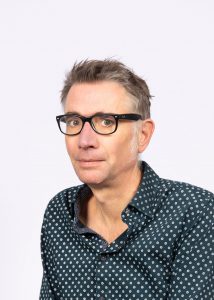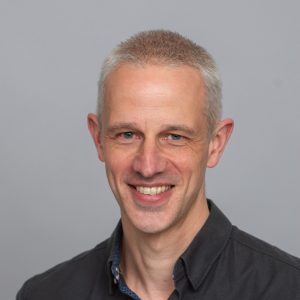Talk by Gethin Norman, University of Glasgow and David Parker, University of Oxford
BACKGROUND:
PRISM is a probabilistic model checker, a tool for formal modelling and analysis of systems that exhibit random or probabilistic behaviour. It has been used to analyse systems from many different application domains, including communication and multimedia protocols, randomised distributed algorithms, security protocols, biological systems and many others. PRISM is based on rigorous, mathematical foundations and is particularly well suited to safety-critical applications, from assessing the reliability of airbag control software to building robust controllers for autonomous mobile robots in hazardous environments.
PRISM has been in continuous development for over 20 years and is the most widely used tool of its kind. Over 850 research papers have been published describing the tool, its applications and projects that build upon it. It has also been used in industrial projects and labs, from cloud computing at Fujitsu to fault-tolerant architectures at Honeywell and airbag safety at TRW Automotive.
PRISM is open source software and has been adapted and enhanced by researchers worldwide. Its modelling language has become a de facto standard for representing probabilistic models within the formal verification community, and has been adopted and extended by many other tools.



